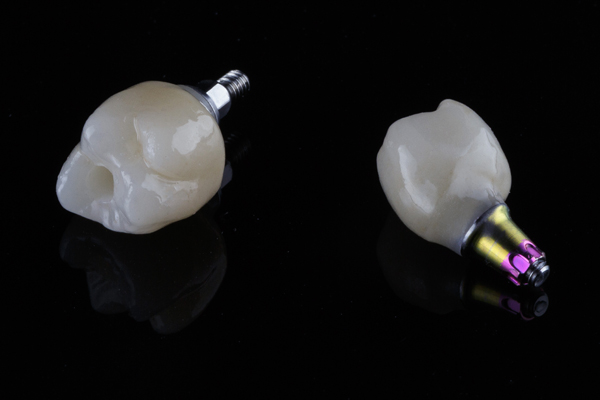Emergency Dental Care for Children

All parents need a clinic that offers emergency dental care for children. They need to have that dental practice on speed dial. Children are energetic, and they play and run a lot. They get scrapes, bruises, bumps and the occasional blow to the mouth. Kids are also vulnerable to the odd toothache that makes a nuisance of itself in the dead of night.
How to know if a child has a dental emergency
Dental emergencies seem to prefer the most inconvenient times, such as midnight, on a lazy Sunday afternoon or just after the dentist goes home for the day. That is why a parent should always know what to do and who to call in case of an unexpected dental problem.
Not all falls, knocks or blows to the mouth are the same. Some mishaps only result in a chipped or a cracked tooth that does not hurt much. Other accidents are serious enough to require medical attention. Then there is that toothache that causes a child constant pain. Parents can tell whether their child has a dental emergency by checking for the following signs:
- Constant pain that affects the ability to eat, sleep, talk, play or concentrate
- Excessive bleeding of an injured tooth, tongue or mouth
- Swelling
- Discharge of pus
- Fever
- A badly broken or fractured tooth
- A knocked-out tooth
These are all signs emergency dental care is needed. The most telling is the behavior of the child. Parents will see that their child is in extreme pain, which is reason enough to find an emergency dentist.
What to do in a dental emergency
A parent or caregiver can administer first aid to the affected child. Prompt assistance can help the outcome of dental treatment. As soon as a parent sees the dental problem, the family's dentist should be contacted. If the event occurs after regular hours, the parent should call an emergency dentist and arrange for immediate treatment.
Steps to take for a damaged or broken tooth
If one or more teeth have been broken or knocked out, calm the child and offer reassurance. Pick up any completely loosened tooth by the crown and rinse it clean. Try to put it back in the socket or place it in a bowl of lukewarm water. If the child has a broken tooth, collect the pieces and make sure the child has not swallowed any fragments. Rush the child and preserved tooth or pieces to the emergency dental practitioner.
How to treat bleeding in the mouth
If the injuries have caused bleeding from the damaged tooth, gums or tongue, rinse the child’s mouth with warm water. Use gauze or a cold compress to stop the bleeding. For pain, give the youngster ibuprofen. Do not use aspirin since it is a blood thinner and may result in additional bleeding.
Help for a toothache
When the dental issue involves excessive pain from a toothache, especially if it entails swelling or a fever, the priority should be emergency dental care. Once again, you can administer ibuprofen but get the child to a dentist as soon as possible.
Deciding between an emergency dentist or the hospital emergency room
The type of crisis care depends on the injury. If a child suffers a serious accident or infection, then a medical doctor can perform the treatment to make sure the child is stable and out of danger. However, a dentist still has to take over for specialized dental treatment.
Have contact information for an emergency dentist close at hand
Do not wait for a dental crisis to start searching for a dentist who offers emergency care. Have the phone number handy right next to the pediatrician’s contact information. Advance preparation can save valuable time and prevent unnecessary stress when a dental emergency happens.
Request an appointment here: https://www.leedentistryoxford.com or call Lee Family and Cosmetic Dentistry at (662) 546-1143 for an appointment in our Oxford office.
Check out what others are saying about our services on Yelp: Read our Yelp reviews.
Recent Posts
Maintaining good oral hygiene is an essential part of overall health and well-being. It can prevent issues like tooth decay and gum disease. A general dentist can help educate patients about properly caring for their teeth, treating oral health issues, and more. Here are some practical tips to help you achieve a bright and healthy…
Dental implants are an effective and modern way to go about replacing missing teeth. If you are missing a tooth, you are not alone in your predicament; most people lose one or more of their permanent teeth over the course of their lives. People lose teeth due to trauma to the face, aging, or oral…
Regular visits with a trusted dental professional are essential in keeping your teeth and gums healthy in the long run. A preventive dentist can help you maintain good oral health. By focusing on regular dental care and proactive treatments, you can prevent the need for extensive treatments in the future. Regular visits to a preventive…
Choosing a general dentist is an important and personal decision. This dental professional plays a significant role in helping you maintain your oral and overall health. Finding the right dentist for you can make all the difference in keeping your teeth and gums healthy. With so many options available, it can be overwhelming to make…


